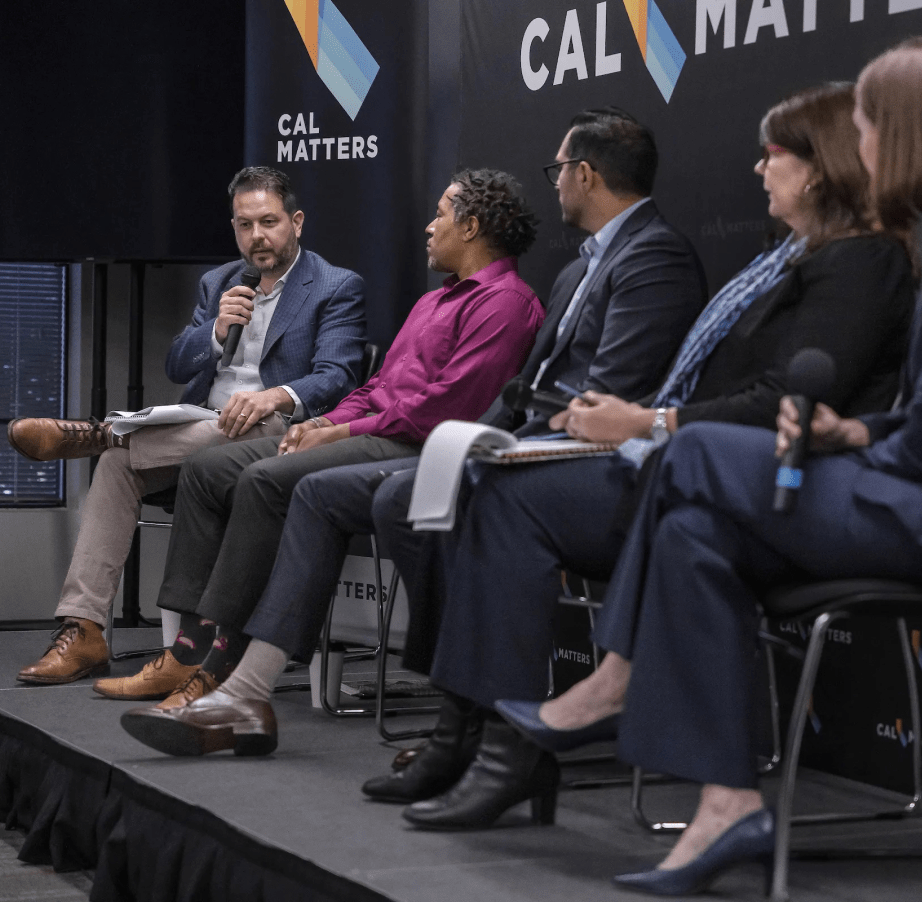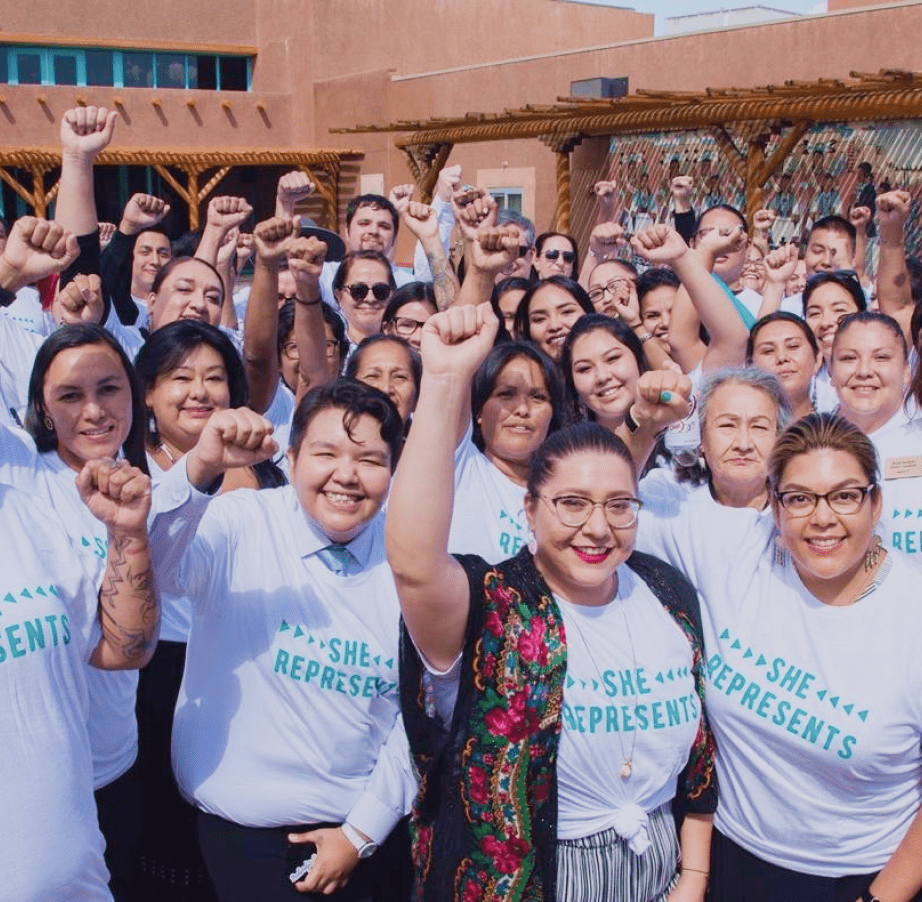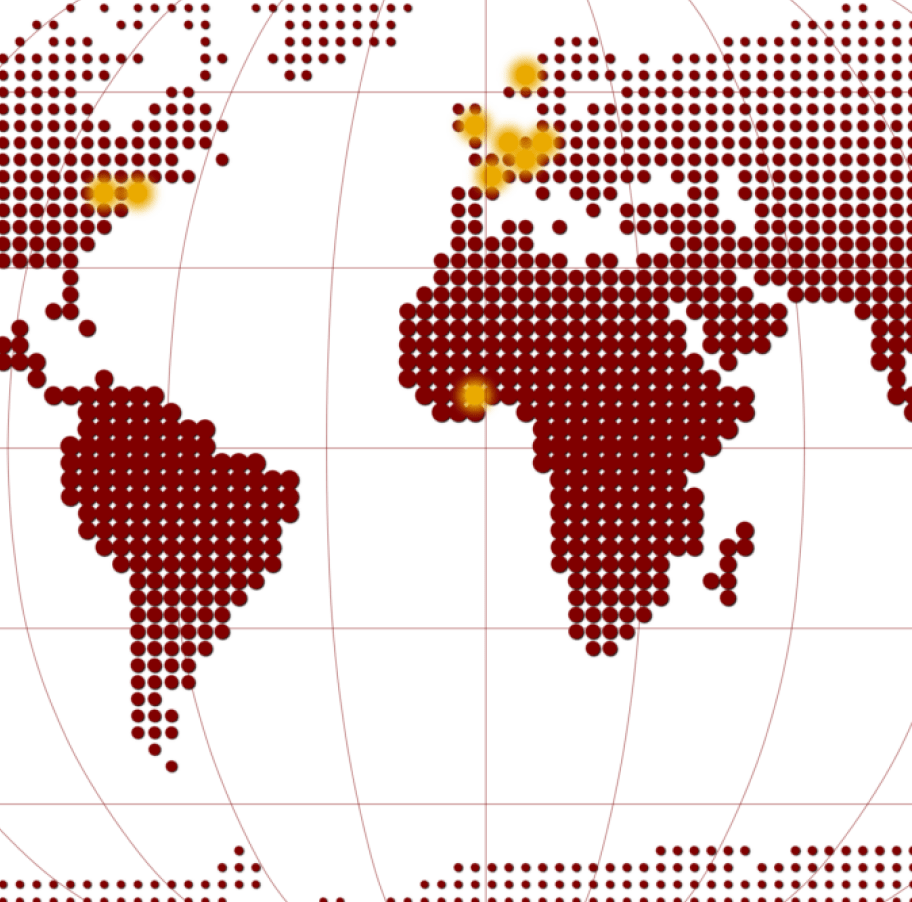The 11th Hour Project currently has three cross-programmatic initiatives (CPIs): Journalism, Civic Engagement, and Data Science for Social Good. The purpose of these CPIs is to inform and address issues at the center of the climate crisis through an interdisciplinary lens. We draw upon shared learnings and diverse perspectives from across the Foundation’s team to identify funding opportunities in these thematics that weave together our priorities in climate and human rights.

Journalism
We prioritize news groups working on issues that harmonize with the rest of our grantmaking. We also prioritize BIPOC-led journalism as we believe BIPOC communities should tell their own stories, both in the US and abroad.
In Africa, there is a colonial legacy where news is reported through Western organizations, leading to a narrow portrayal centered on war, poverty, disease and corruption. Our Africa-based grantmaking focuses on homegrown efforts across the continent that support African-led reporting, perspectives and storytelling.
Photo Credit: CalMatters

Civic Engagement
Protecting civic space is critical to the health of our democracy and, correspondingly, to environmental justice and to our collective ability to address the climate crisis. Systemic disenfranchisement of communities extinguishes voices and enables the creation of environmental sacrifice zones.
As such, the Civic Engagement CPI supports organizations and initiatives protecting the right to protest and ensuring that participation in civic spaces is racially just.
Photo Credit: Advance Native Political Leadership

Data Science for Social Good
The Data Science Cross Program Initiative resources university and community-driven models for leveraging ethical and responsible applications of powerful data science tools for the benefit of environmental, climate and human rights organizations.
One important marker is that these models can be integrated into the larger field, ensuring not only access to these tools but also democratizing the development of data science as a field, informed by multiple intelligences contributed by the communities the data science is meant to serve.